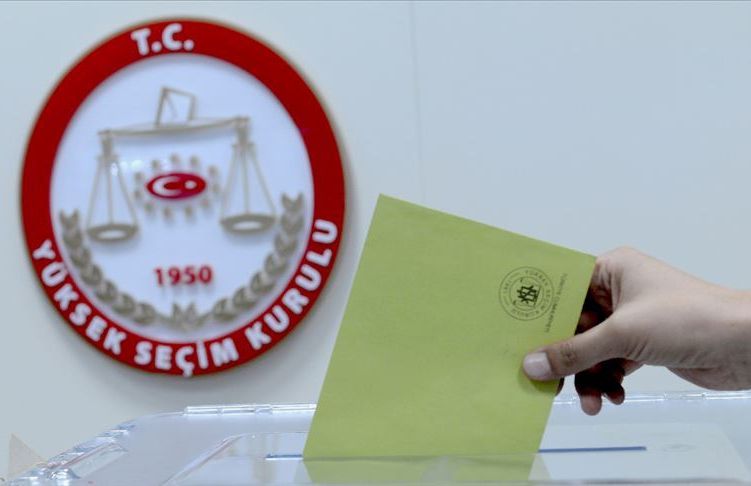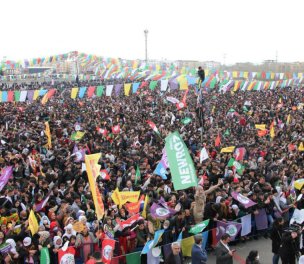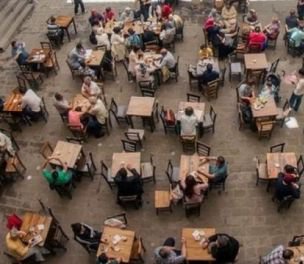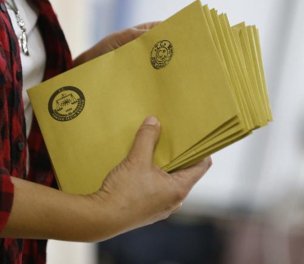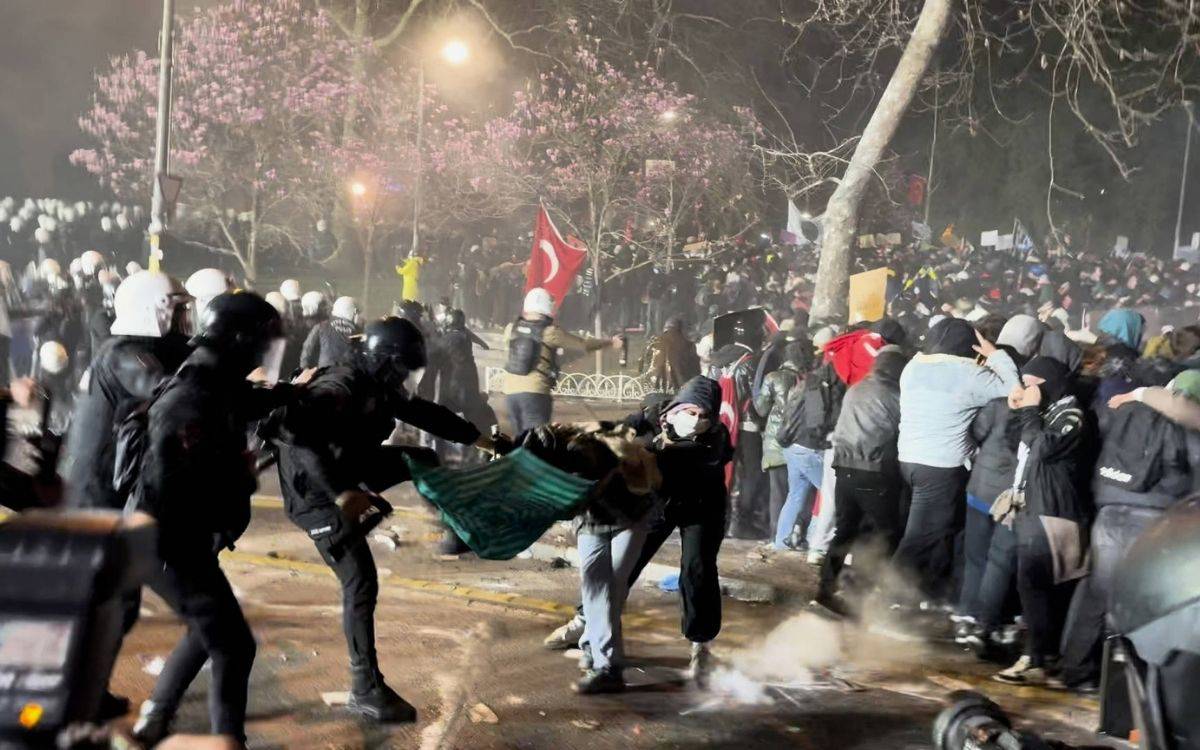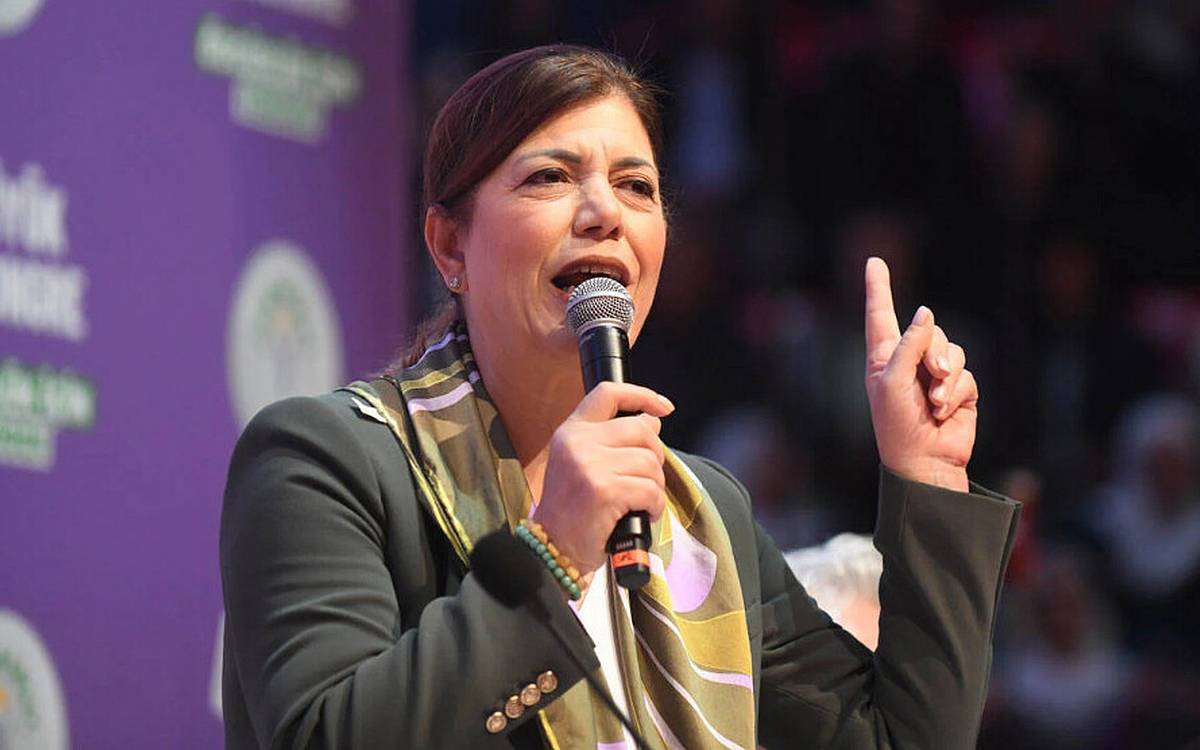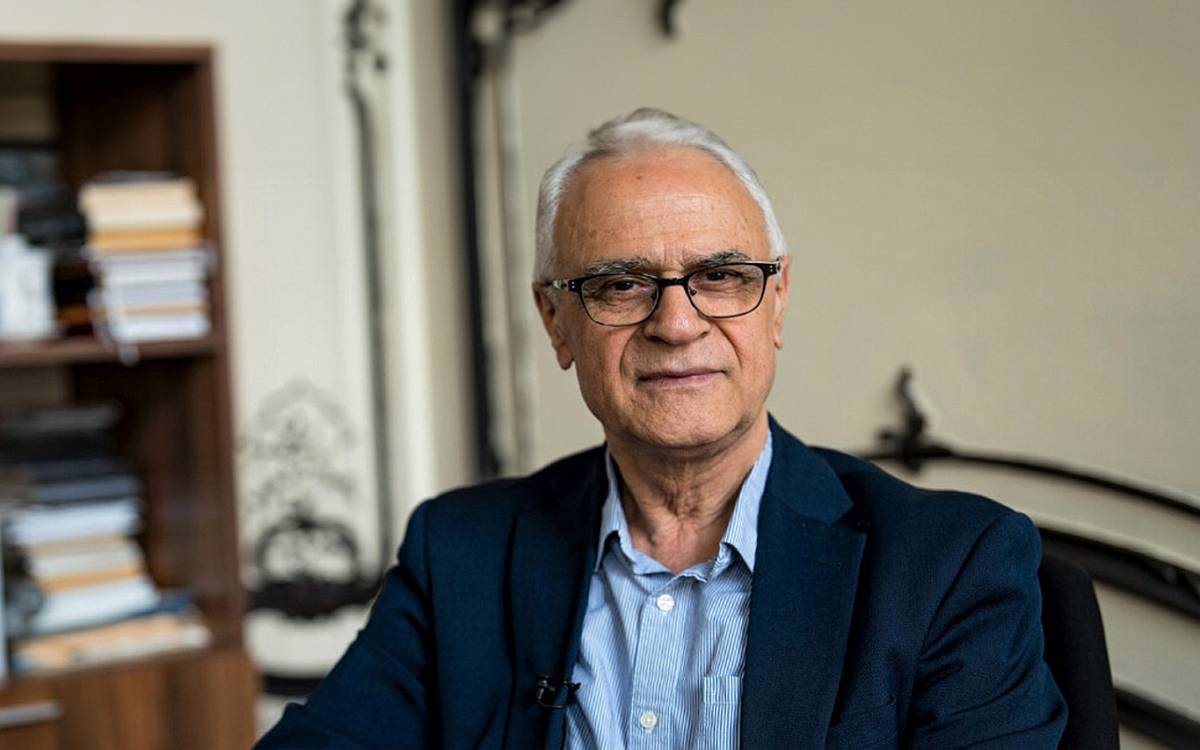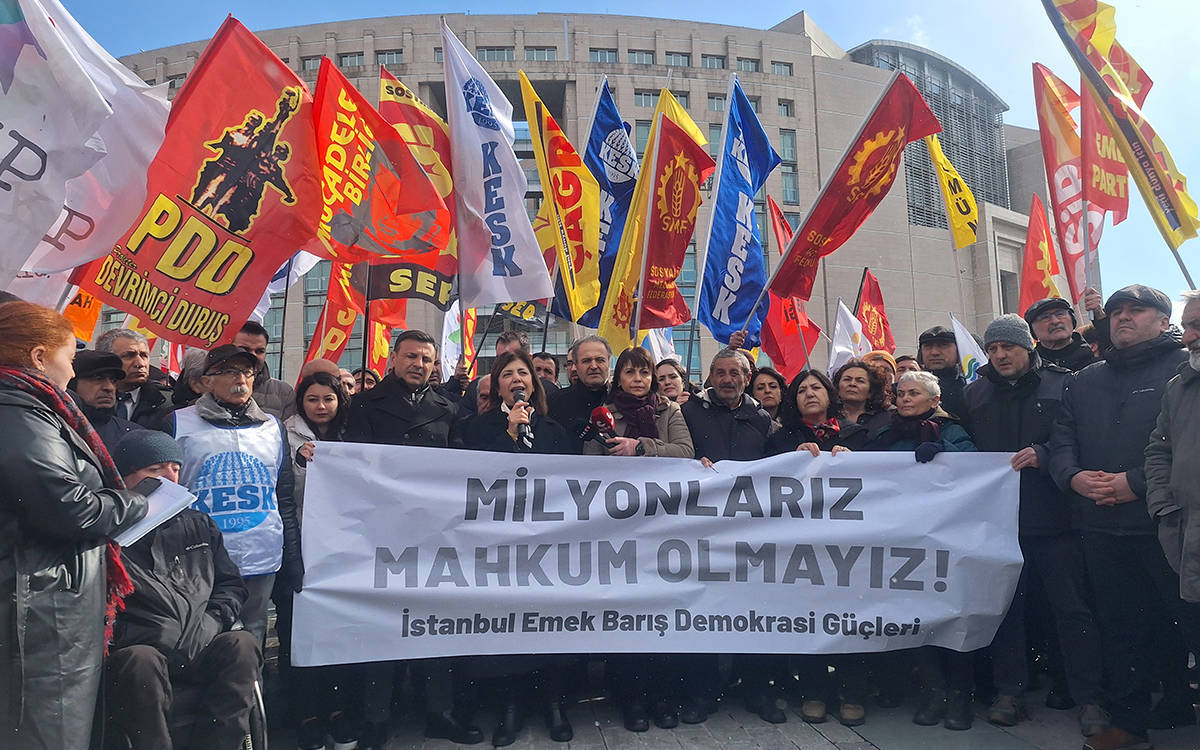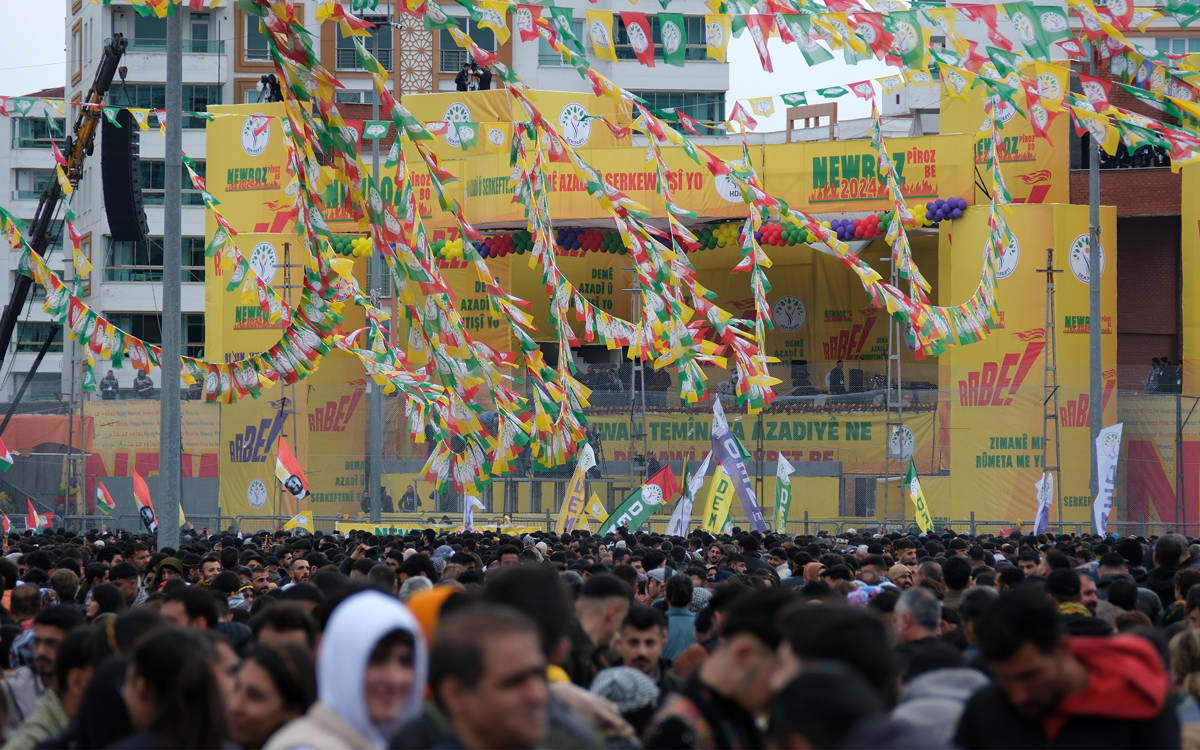Photo: AA/File
Click to read the article in Turkish
The Diyarbakır-based Rawest Research company has released the results of its regional political leanings December survey.
The survey was conducted in the mostly Kurdish-populated provinces of Diyarbakır, Mardin, Urfa and Van, where the pollster made face-to-face interviews with 1,497 people from 100 neighborhoods in 20 districts.
Reha Ruhavioğlu, the director of Rawesta Research, said that the ruling Justice and Development Party (AKP) has lost votes in the region but it is perceived that it would win an election again.
This was because of two reasons, according to Ruhavioğlu: "First, there is a perception that 'They will somehow take it,' in other words, there is distrust in elections. And the other reason is the opposition. It hasn't built enough trust with regards to the solution to the bad state of affairs in Turkey.
"The AKP is getting worse but there is a perception that 'I won't vote for the AKP but the AKP would manage the economy better.' This is because the public doesn't know about the opposition's economic policies and policies regarding the solution of the Kurdish question.
"The opposition doesn't put forward anything concrete in terms of the solution of the Kurdish question ... There is a high probability that the opposition can win but there is not yet hope that they can rule. The opposition can't explain its economic policies to the people or it doesn't have such policies."
Its voters are distancing themselves from AKP
According to the survey, 25 percent of the people who voted for the AKP in the 2018 presidential and parliamentary election are now distanced from the party.
While many of these people have become undecided voters, nine percent tend to return to their parties at the polls, says the survey.
CHP votes have increased threefold
Votes of the main opposition Republican People's Party (CHP) have significantly increased since the 2019 local elections, where the HDP supported it against the ruling party in larger cities, which resulted in the opposition's win in several cities, including İstanbul.
CHP votes have increased threefold from about 2.5 percent in the 2018 election, according to the survey.
80 percent of the people are against "trustees"
People who find the replacement of elected mayors with government-appointed "trustees" wrong increased from 76 percent in August 2019 to 82 percent in December, according to the survey.
Since the March 2019 local elections, the government has dismissed 47 mayors from the Peoples' Democratic Party (HDP) in the Kurdish-majority regions, citing "terrorism-related" investigations against them.
The HDP is still the party with the largest voting share in the region and its share hasn't changed despite the judicial action and the media campaign against it, the survey notes.
The most important problem of the country
As in other regions of the country, the economy is indicated as the most important problem of Turkey.
Two of every three respondents said their financial situation had become worse in the past few years and the region's most important problem was the economy and unemployment.
In in-depth interviews, participants also pointed out problems in the justice system, polarization and freedom of expression and complained about the AKP's "nationalist" course after making an alliance with the Nationalist Movement Party (MHP) after the July 2016 coup attempt, according to the survey report.
New parties aren't well-known
The two parties founded by former senior AKP figures, the Democracy and Progress (DEVA) Party and the Future (Gelecek) Party, are known by only half of the voters in the region, the survey has found.
When the undecided voters are distributed, DEVA's voting share reaches 5 percent and the Future Party gets 3 percent, the survey shows.
Voting shares of the parties
While 21 percent of the respondents said they were undecided or would not vote, this rate was reduced to 6 percent with a second question, says the report.
After the distribution of the undecided voters to the parties, the AKP gets 28.5 percent (34.7 percent in 2018), the HDP gets 50.5 percent (52.4 percent in 2018), and the CHP gets 7.4 percent (2.7 percent in 2018).
The system of government
Some 70 percent of the respondents prefer a parliamentary system over the current presidential system, which was introduced following a referendum in 2017. Also, a significant part of those say the parliamentary system shouldn't be as it was before but should be improved.
The rate of those who are content with the current system is less than 20 percent, according to the survey. While 57 percent of the AKP voters support the system, the support among opposition voters is only 12 percent. (RT/VK)





